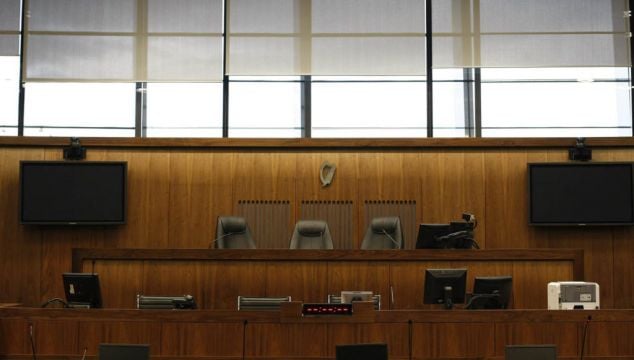The Irish Human Rights and Equality Commission (IHREC) has recommended that the Special Criminal Court (SCC) should be abolished.
According to the State's human rights authority, ordinary courts are adequate to ensure the administration of justice.
The IHREC has said abolishment of the non-jury court is necessary due to the “significant human rights and equality concerns” associated with it.
The recommendation comes as a Government committee is in the process of considering the future of the court.
After a review of the SCC and relevant legislation, the IHREC has set out that: “Abolition of the Special Criminal Court and the repeal of the OASA (Offences Against the State Act) is the only viable solution to vindicate the rights of an accused to a fair trial.”
The IHREC has said that the SCC and the OASA both infringe on a number of fundamental human rights including the right to a trial by jury and the right to a fair trial.
Speaking on the issue, IHREC chief commissioner Sinéad Gibney said the fundamental human rights of people need to be carefully balanced.
“The extension of the Special Criminal Court to tackle organised crime has seen it evolve into an institution that is far removed from the circumstances it was established to address in 1972,” said Ms Gibney
“Ireland’s criminal justice system is capable of effectively confronting the problem of organised crime without resorting to a parallel criminal justice system that deprives the accused of their right to trial by jury.
“The fundamental rights of individuals need to be carefully balanced against the rights of victims, national security concerns and the public interest in having an effective criminal justice system.
“Any restrictions or limitations of the rights of an individual must comply with the principles of legality, necessity and proportionality,” Ms Gibney added.
“The use of the Special Criminal Court has led to two criminal justice systems in Ireland, and subsequently has compromised the fundamental right of equality before the law.”
As reported in the , use of the court has increased in recent years, with a five-fold jump between 2015 and 2020, from 45 cases to 136.
This has been driven by so-called ‘gangland offences’.
If the Government chooses not to abolish the SCC, the Commission has said immediate amendments will be needed to the way the court operates.







